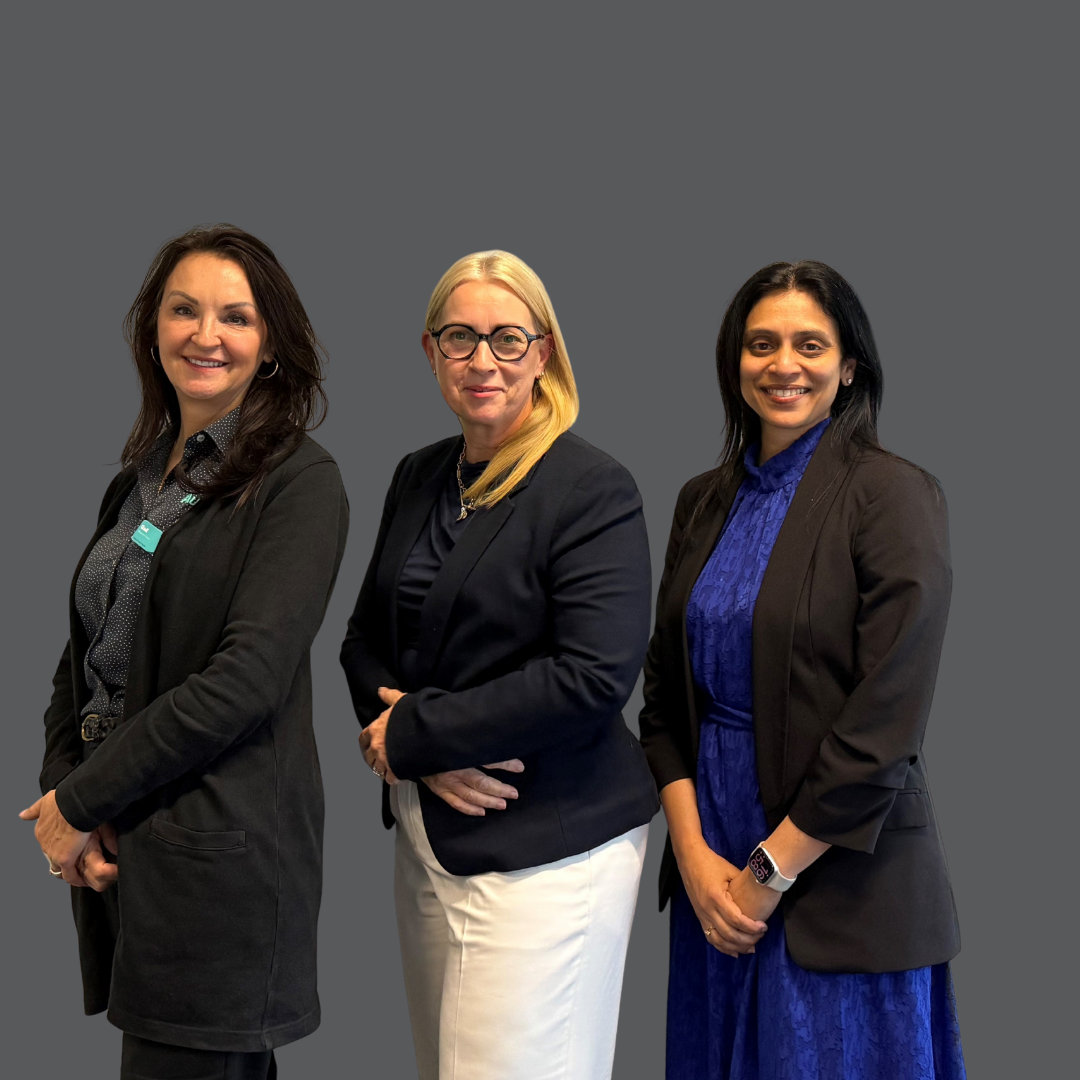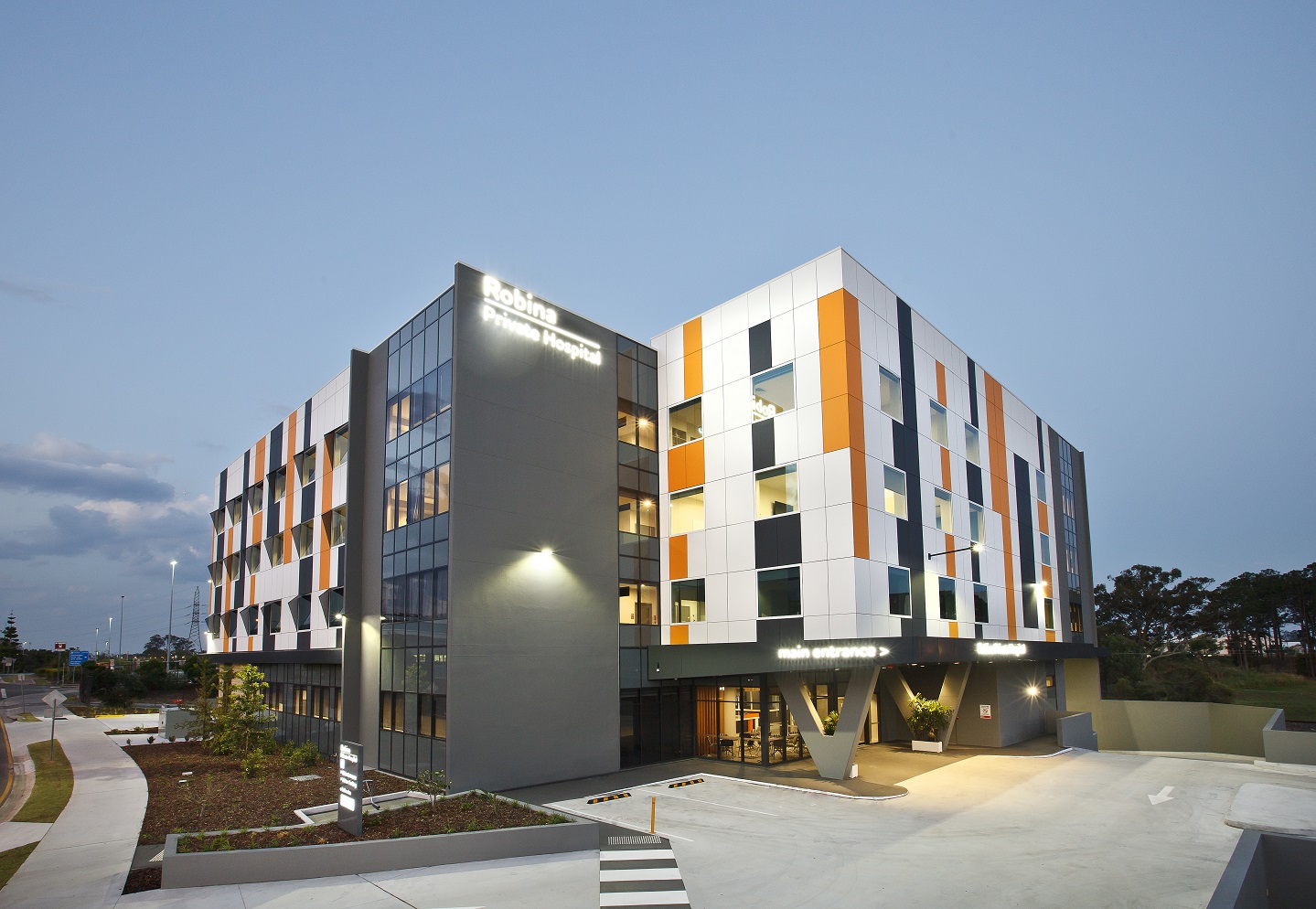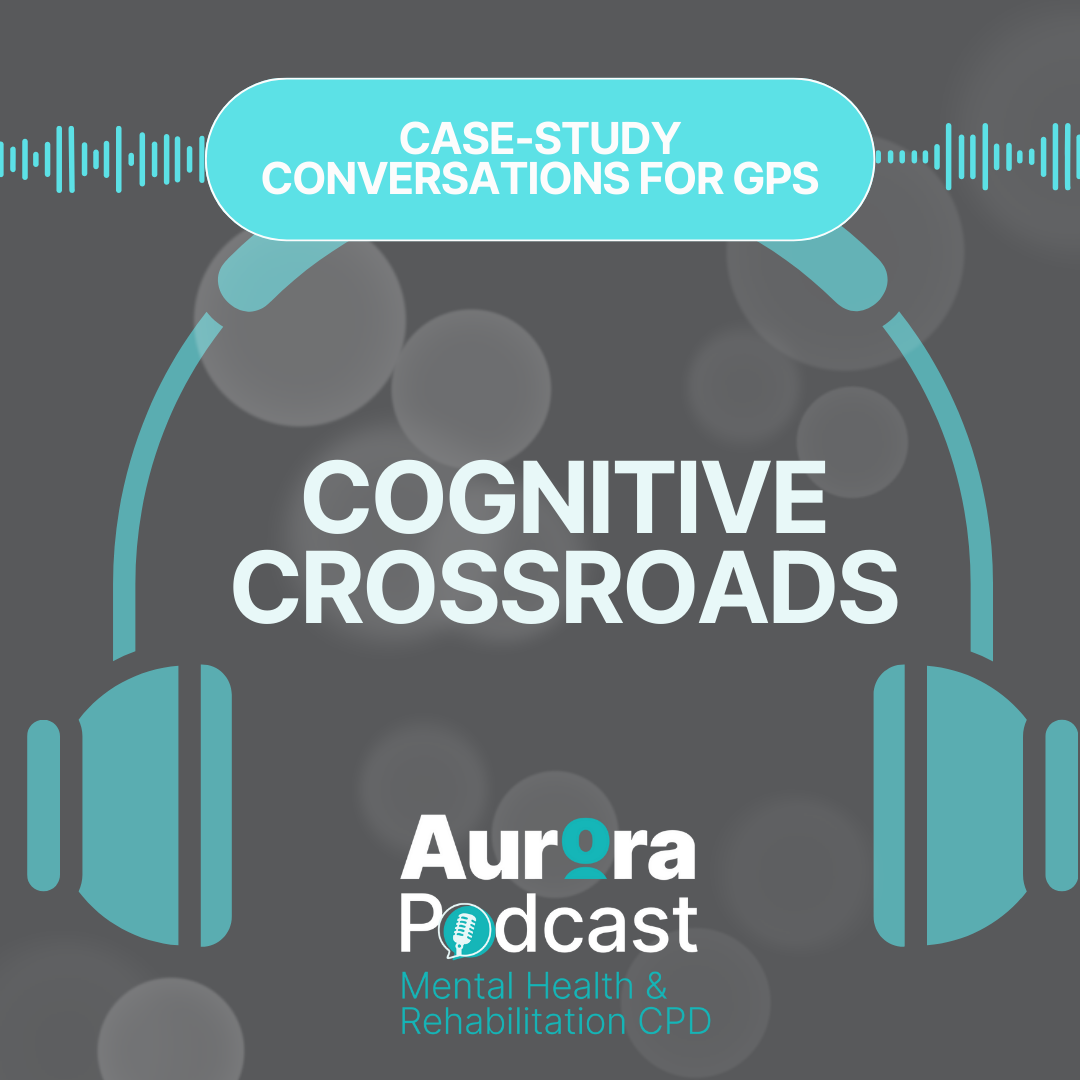Aurora Podcast - Episode 5
Cognitive Crossroads
About this episode
This episode explores the complexities of aging and dementia, offering general practitioners (GPs) practical insights into early identification, diagnosis, and management of cognitive decline. Hosted by Gail MacDonald from Robina Private Hospital’s Memory Clinic, the conversation with psychogeriatricians Dr. Penny King and Dr. Prashanti Veeramachaneni highlights:
- The distinction between normal aging and pathological cognitive decline.
- The importance of early diagnosis and intervention.
- Cultural perceptions and societal shifts influencing dementia recognition.
- The GP’s role in assessment, referral, and patient education.
- Diagnostic tools and frameworks suitable for primary care.
- Pharmacological and non-pharmacological interventions.
- Ethical considerations around autonomy, driving, and decision-making capacity.
- Support systems for carers and the value of multidisciplinary collaboration.
The episode underscores that while dementia has no cure, timely and compassionate care can significantly improve quality of life.
Learning outcomes
- Differentiate between normal cognitive aging and early signs of dementia.
- Recognise modifiable risk factors and the importance of early intervention.
- Utilise appropriate cognitive assessment tools (e.g., MMSE, GPCOG, MoCA, RUDAS).
- Understand the role of informants in improving diagnostic accuracy.
- Identify pharmacological options and their limitations, including PBS criteria.
- Apply non-pharmacological strategies such as cognitive stimulation, exercise, and diet.
- Navigate ethical dilemmas around driving, decision-making capacity, and elder abuse.
- Support carers through referrals to services like Dementia Australia and Carer Gateway.
- Collaborate within multidisciplinary teams to develop comprehensive care plans.
- Educate patients and families about dementia prevention and management pathways.
Presented by
- Dr Penny King, Psychogeriatrician, BM,BS,FRANZCP,FPOA
- Dr Prashanti Veeramachaneni, Psychogeriatrician, MBBS, MRCPsych, FRANZCP
- Gail MacDonald, Clinical Coordinator Memory Clinic and HITH, Registered Nurse


Support at Robina Private Hospital
Robina Private Hospital offers a robust and compassionate support system for individuals experiencing dementia, centred around its specialist-led Memory Clinic. The clinic is staffed by experienced psychogeriatricians and a multidisciplinary team that includes nurses, social workers, and aged care navigators. Together, they provide early diagnosis, holistic care planning, and ongoing management of neurocognitive disorders. Patients benefit from access to a range of cognitive assessments, collaborative care plans, and both pharmacological and non-pharmacological interventions tailored to individual needs.
Support extends beyond clinical treatment to include practical and emotional assistance for carers and families. Robina Private facilitates connections to community resources such as Dementia Australia’s Memory Cafés, carer support groups, and behavioural management services. Key areas of focus include:
- Early intervention and risk factor management
- Driving and decision-making capacity assessments
- Guidance on legal and aged care navigation
- Lifestyle interventions (diet, exercise, cognitive stimulation)
- Coordination with GPs for seamless referral and follow-up
Disclaimer
The content shared in this podcast is for general informational and educational purposes only. It is not intended as medical advice, diagnosis, or treatment. Always consult a qualified health professional regarding any medical or mental health concerns.
While we aim to provide accurate and up-to-date information, healthcare is complex and constantly evolving. What we discuss may not apply to your individual circumstances, and Aurora Healthcare does not endorse any specific treatments, clinicians, or products mentioned.
By listening to this podcast, you acknowledge that Aurora Healthcare is not responsible for any decisions made based on the information provided.
